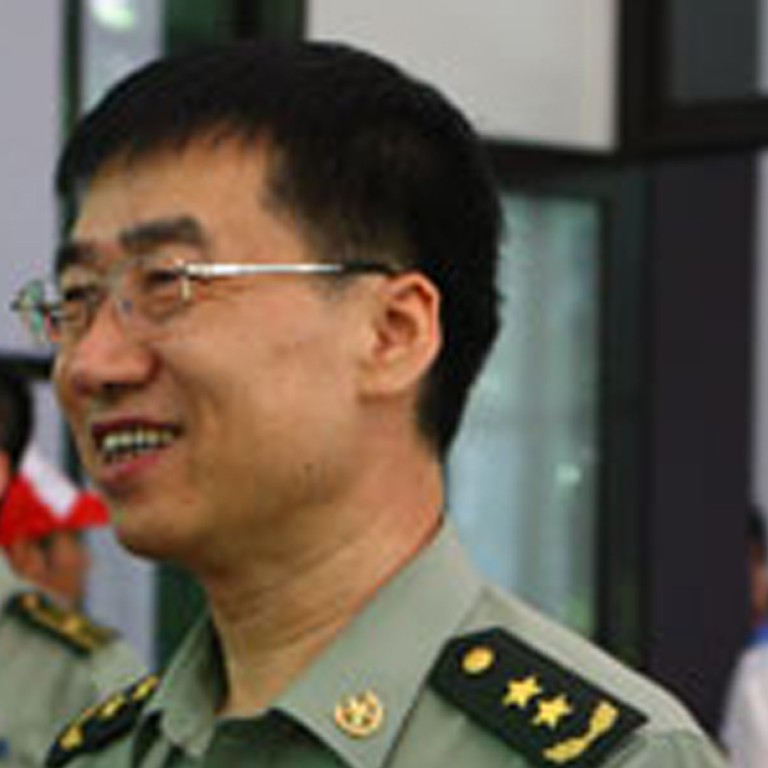
Beijing to share blast detection data with Comprehensive Nuclear-Test-Ban Treaty Organisation
Sharing monitoring information with test-ban agency expected to add to pressure on North Korea over controversial weapons programme
China has agreed to share data from its monitoring stations that watch for signs of atomic tests - including seismic waves and radioactive traces - with the global agency that oversees the nuclear test ban treaty.

The decision was announced by the Comprehensive Nuclear-Test-Ban Treaty Organisation in Vienna on Wednesday.
The organisation said its executive secretary, Lassina Zerbo, met Zhang Yulin, a deputy minister of defence, last week.
Zhang pledged the country's full support and commitment in co-operating with it.
"During the meeting, it was agreed to proceed with the provision of data from the organisation's monitoring stations in China to the organisation's International Data Centre in Vienna," a statement said. "This is part of the testing and evaluation process that marks the first formal step towards certification [formal acceptance] of the monitoring stations in China."
In the days after North Korea's third nuclear test in February, global agencies, including the test-ban treaty organisation, searched for signs to confirm it was indeed a nuclear test. There was evidence of a seismic event consistent with the signature of an underground explosion, and at the same location the North had used for previous tests.
But the US military and others were unable to determine whether the test used a plutonium or a uranium bomb, according to magazine. Too few radioxenon atoms - fission products that indicate a nuclear explosion has taken place - were detected to make that determination.
China's contribution of data from the 10 monitoring stations it oversees could change the game. Seven stations register seismic waves and low-frequency acoustic waves. Three stations - in Beijing, Lanzhou , and Guangzhou - detect radionuclides, which are left behind after the explosion of a nuclear device.
With the additional data, the test-ban organisation could refine its analysis.
One analyst who formerly worked with the body told the academic journal that because the Comprehensive Nuclear-Test-Ban Treaty had not entered into force, China, like other signatories, "has no legal obligation to provide data to anybody".
Over the past decade, as China has built up its monitoring stations, it has been especially leery of providing radionuclide data.
"They've come around," the analyst was quoted by the journal as saying.
Xu Guangyu, a researcher at the China Arms Control and Disarmament Association, said the data-sharing agreement was good news for international society and warning to North Korea.
"The monitoring networks can detect and assess any public or secret nuclear weapon test. It can constrain North Korea," he said.
Beijing's move doesn't suggest it would ratify the treaty, however. A total 183 countries have signed it and 159 have formally endorsed it. But China, North Korea, Egypt, India, Iran, Israel, Pakistan and the United States have yet to ratify it.
"China and Russia would not ratify a treaty on [a] nuke experiments ban as long as the US rejects it" Xu said. "By playing a more active role in the organisation, China can also increase the pressure on the US to endorse the treaty."
The organisation is building a global monitoring system with 337 facilities that, when complete, will be able to detect any nuclear explosion.
More than 280 have already been set up and are sending data to its headquarters in Vienna, but none is in China.

